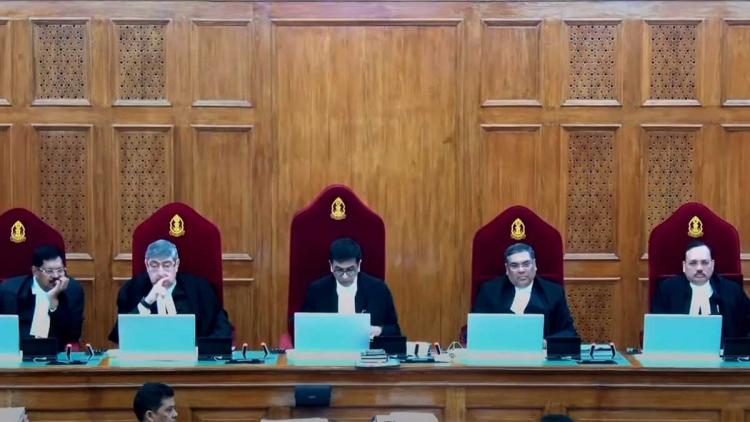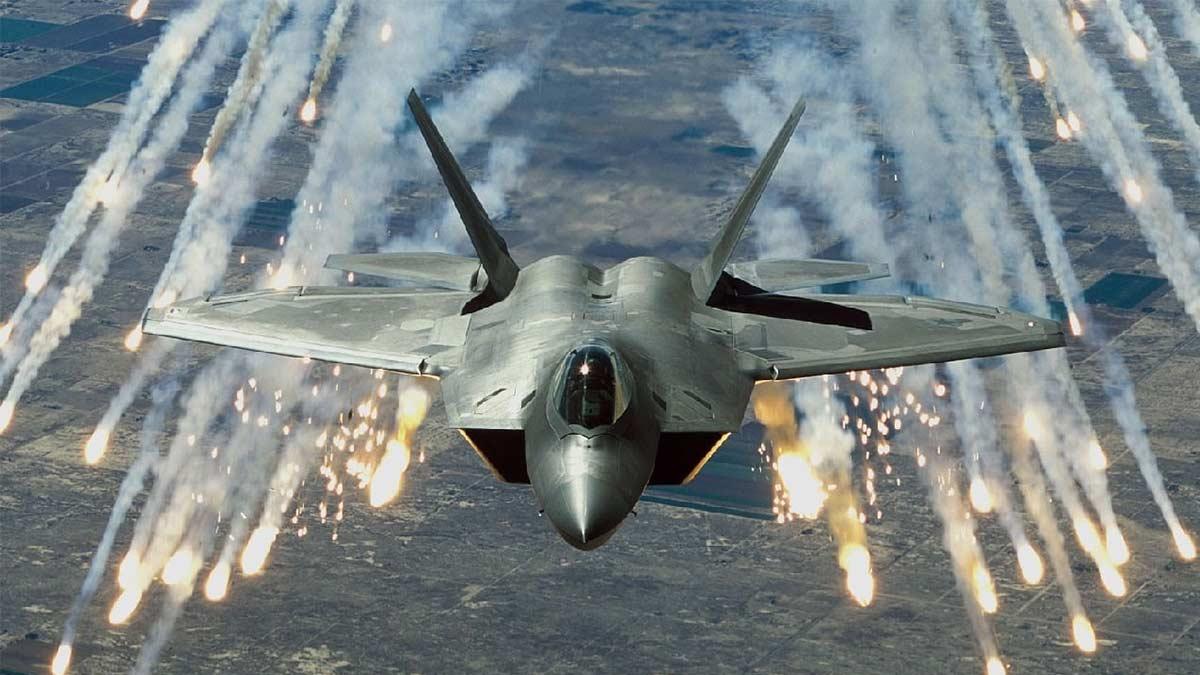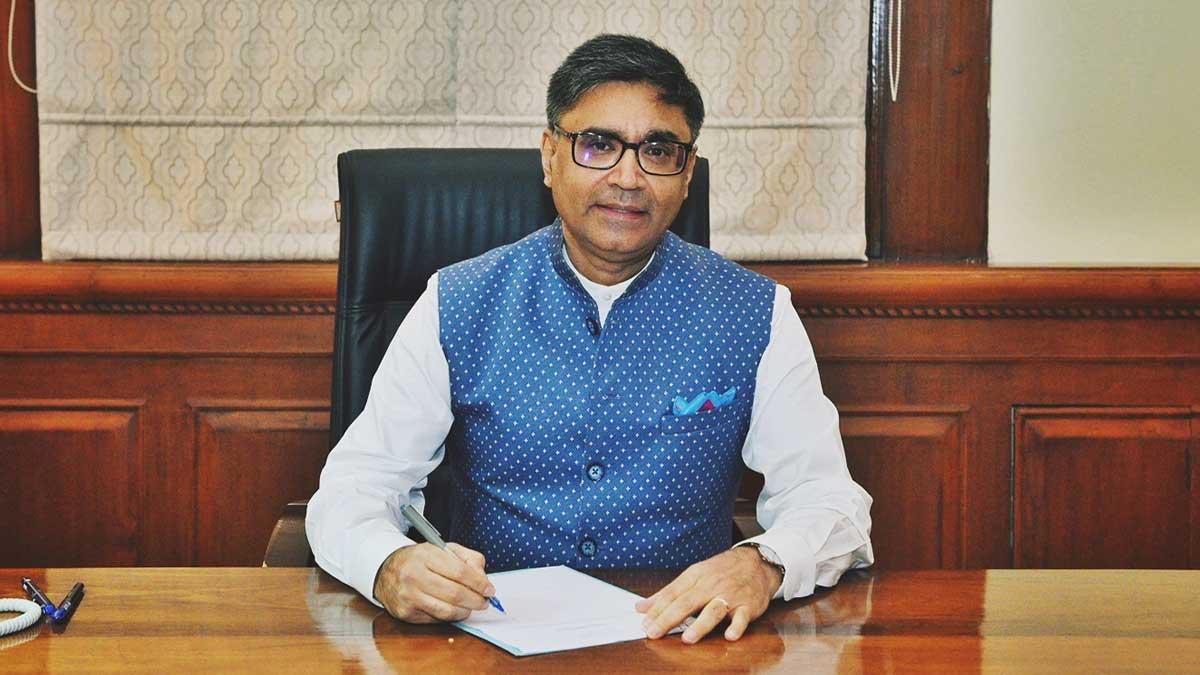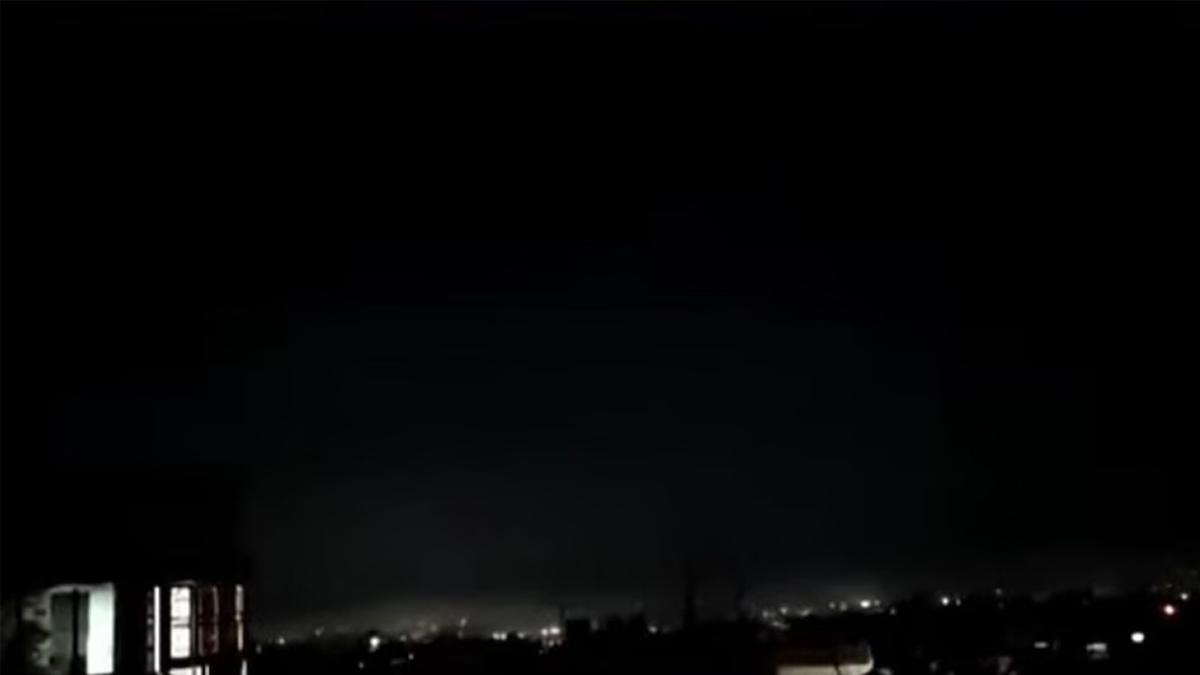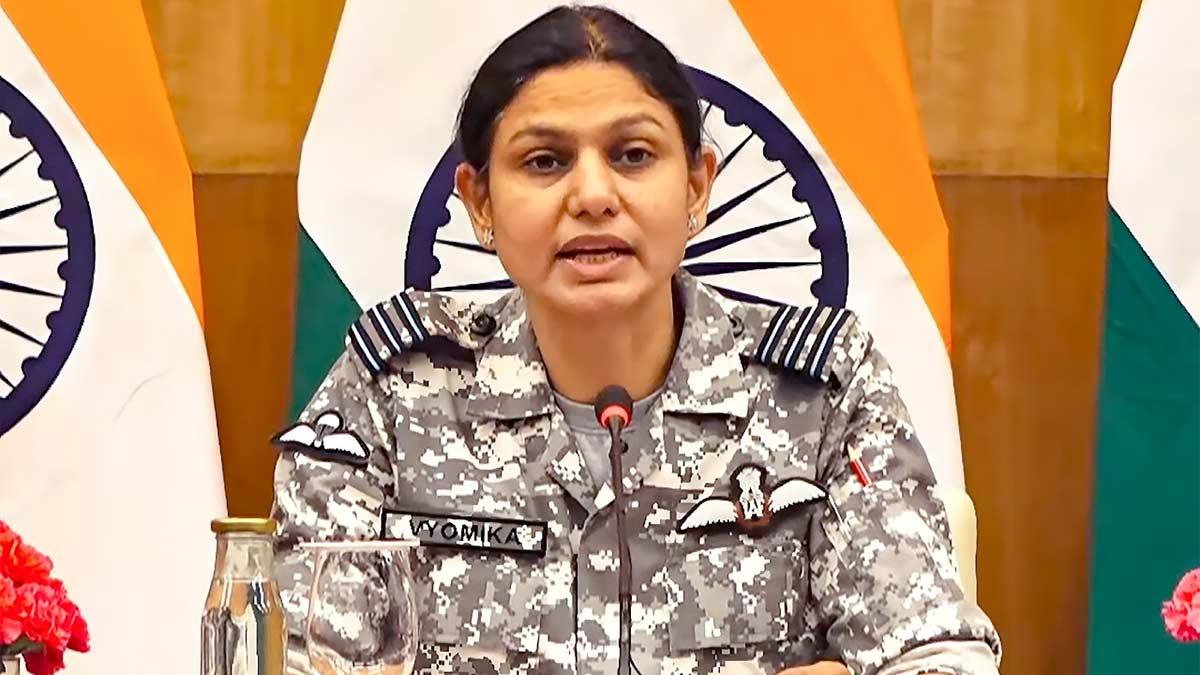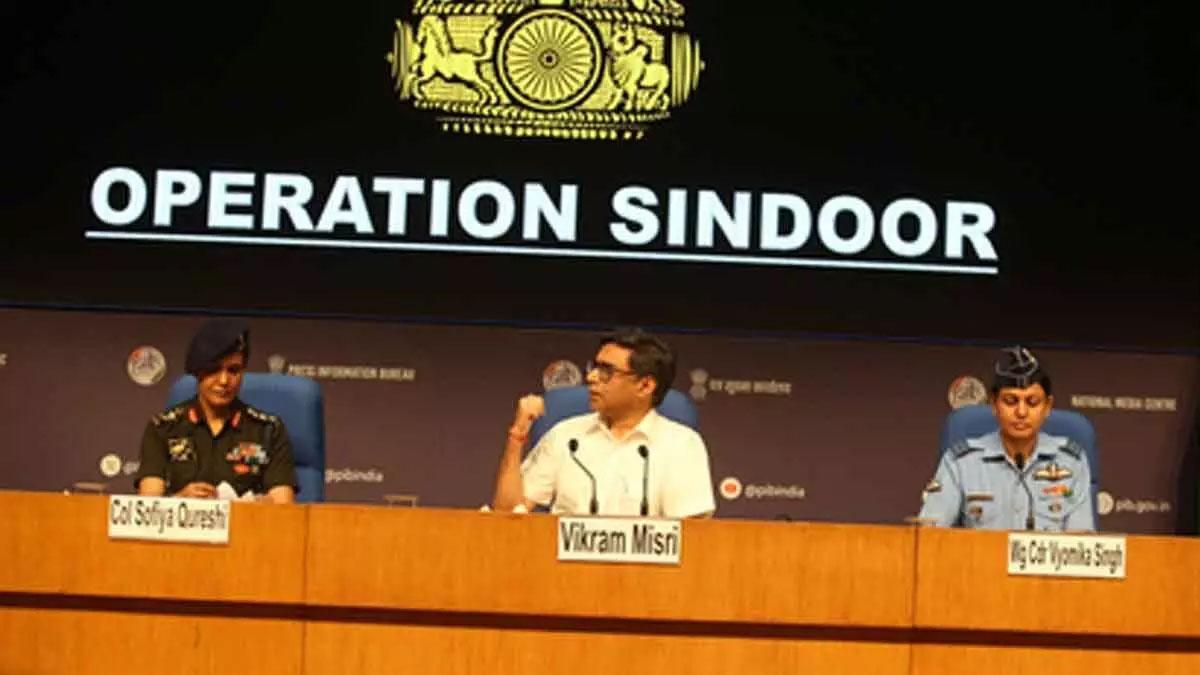The Chief Justice of India (CJI), D.Y. Chandrachud, emphasized on Monday that the petitioners' argument asserting that the Union government cannot take actions with irreversible consequences during the enforcement of a proclamation under Article 356 by the President is not acceptable.
CJI Chandrachud stated, "The scope of powers exercised by the Union government must be contingent on the circumstances surrounding the issuance of the proclamation (under Article 356 of the Constitution)." He further pointed out that not every action taken by the Union government on behalf of the state government can be contested in courts.
According to CJI Chandrachud, allowing challenges to every decision would result in chaos and uncertainty, effectively bringing the administration to a standstill. "Opening up challenges to every decision would lead to chaos and uncertainty and, in effect, would put the administration in a state of standstill," he asserted.
While delivering the verdict on a series of pleas challenging the abrogation of Article 370, CJI Chandrachud highlighted that there are constitutional limitations on the power of the Union government when a proclamation issued by the President under Article 356 is in effect in the states.
(With Agency Inputs)
Read also| Supreme Court Questions CBI Over Chanda Kochhar's Interim Bail Extension for 11 Months

